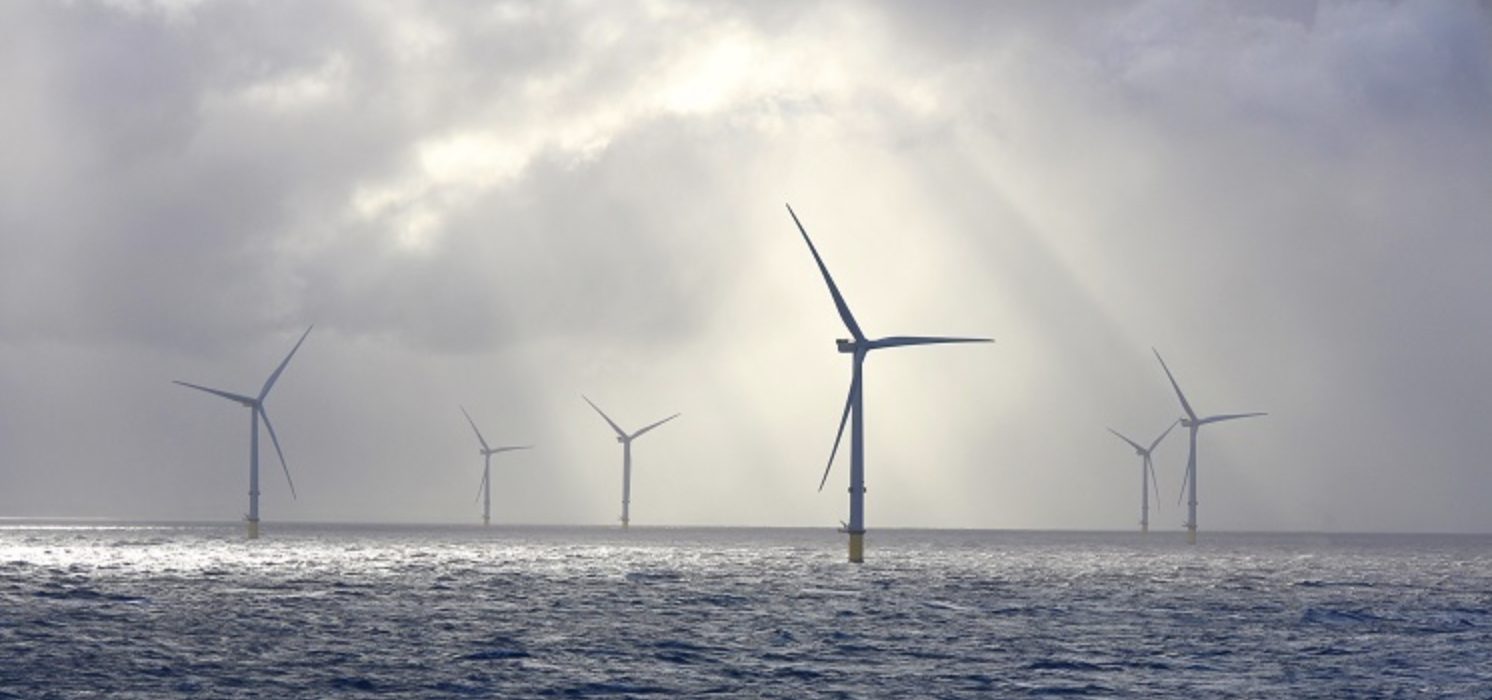As Lithuania, Latvia, and Estonia prepare to synchronise their power grid with continental Europe in just 100 days, the Baltic states have already set their sights on the next major energy initiative – a collaborative Baltic Energy Centre.
In Vilnius, Lithuanian Energy Minister Dainius Kreivys, Latvian Climate and Energy Minister Kaspars Melnis, and Estonian Deputy Secretary-General for Energy and Mineral Affairs Jaanus Uiga gathered to mark the power grid synchronisation milestone and unveil plans to assess the establishment of the Baltic Energy Centre.
The proposed energy hub would be a central facility integrating renewable energy from both land and offshore sources, capable of providing stable transmission capacity to Central Europe, officials said.
The Baltic Energy Centre is projected to generate up to seven times more renewable electricity than required for domestic consumption, positioning the region to make a significant contribution to Europe’s decarbonisation goals.
Beyond supporting energy independence, the hub would drive green energy production, facilitate energy exports, and attract energy-intensive industries seeking affordable, sustainable energy sources. Additionally, the centre could enable the production of green hydrogen and related products at scale and competitive prices, creating new opportunities in the energy market.
“If we succeed, the Baltic States could become an important player in the European energy market,” said Lithuanian Energy Minister Kreivys. “This energy hub can stimulate further growth in renewable energy, attract industries looking for sustainable energy solutions, and ultimately create economic benefits for the entire region.”
Latvian Climate and Energy Minister Kaspars Melnis said: “The Baltic States are rich in natural resources. We have huge potential to produce green energy, providing lower prices for citizens and companies, ensuring the region’s competitiveness, and establishing a stable, sustainable energy export partnership with Europe.”
Jaanus Uiga, Estonia’s Deputy Secretary-General for Energy and Minerals, emphasised the importance of ongoing collaboration: “To make our energy systems future-proof, the work will not end with the synchronisation project. Deepening our cooperation in the field of energy will benefit everyone involved.”
The Baltic Energy Centre represents a shared vision for sustainable growth and energy security in Northern Europe, officials said, adding that by creating a hub that combines renewable energy capacity with large-scale transmission capabilities, the Baltic States aim to enhance their resilience, contribute to European climate goals, and advance cross-border cooperation in energy.




